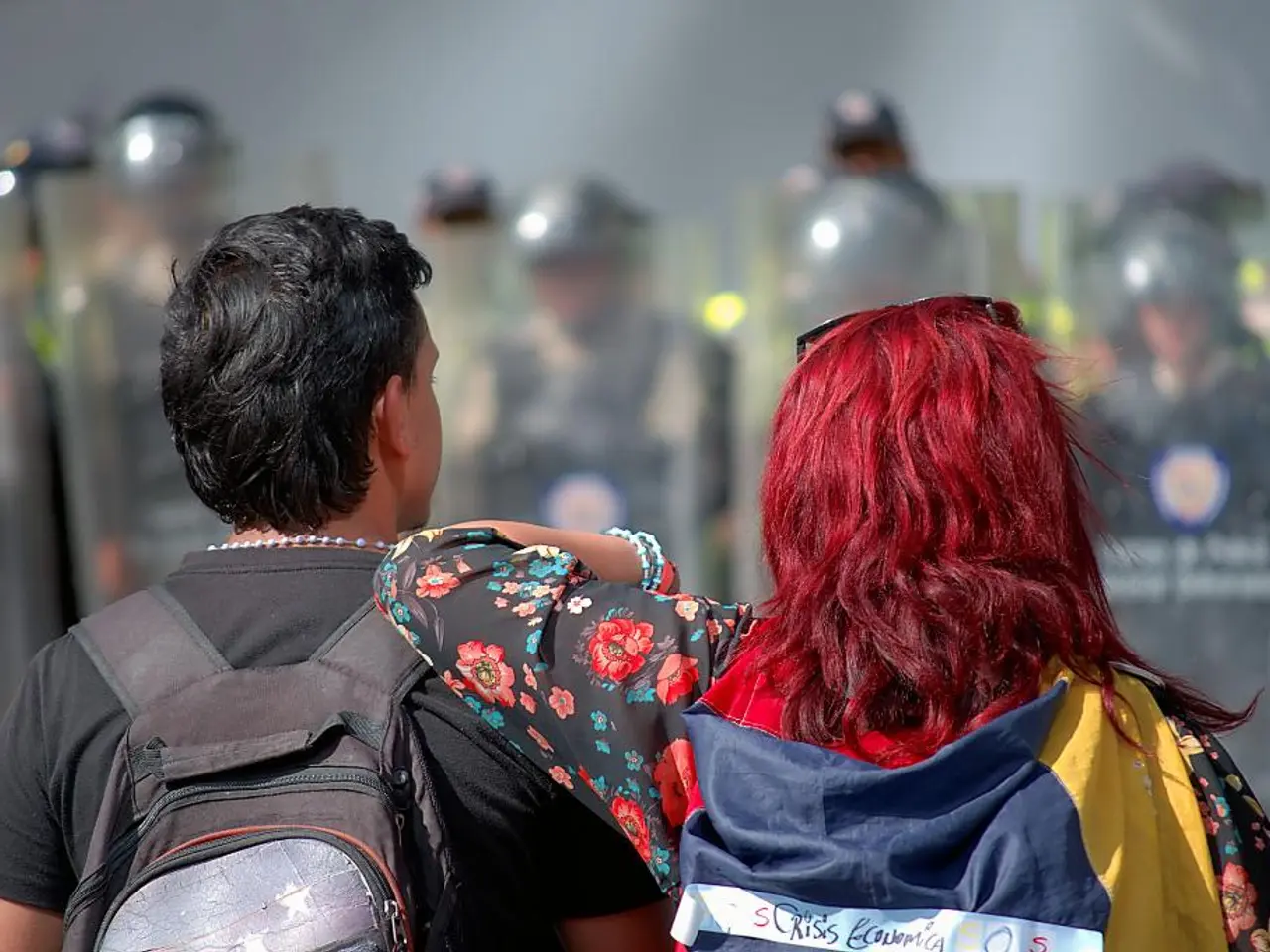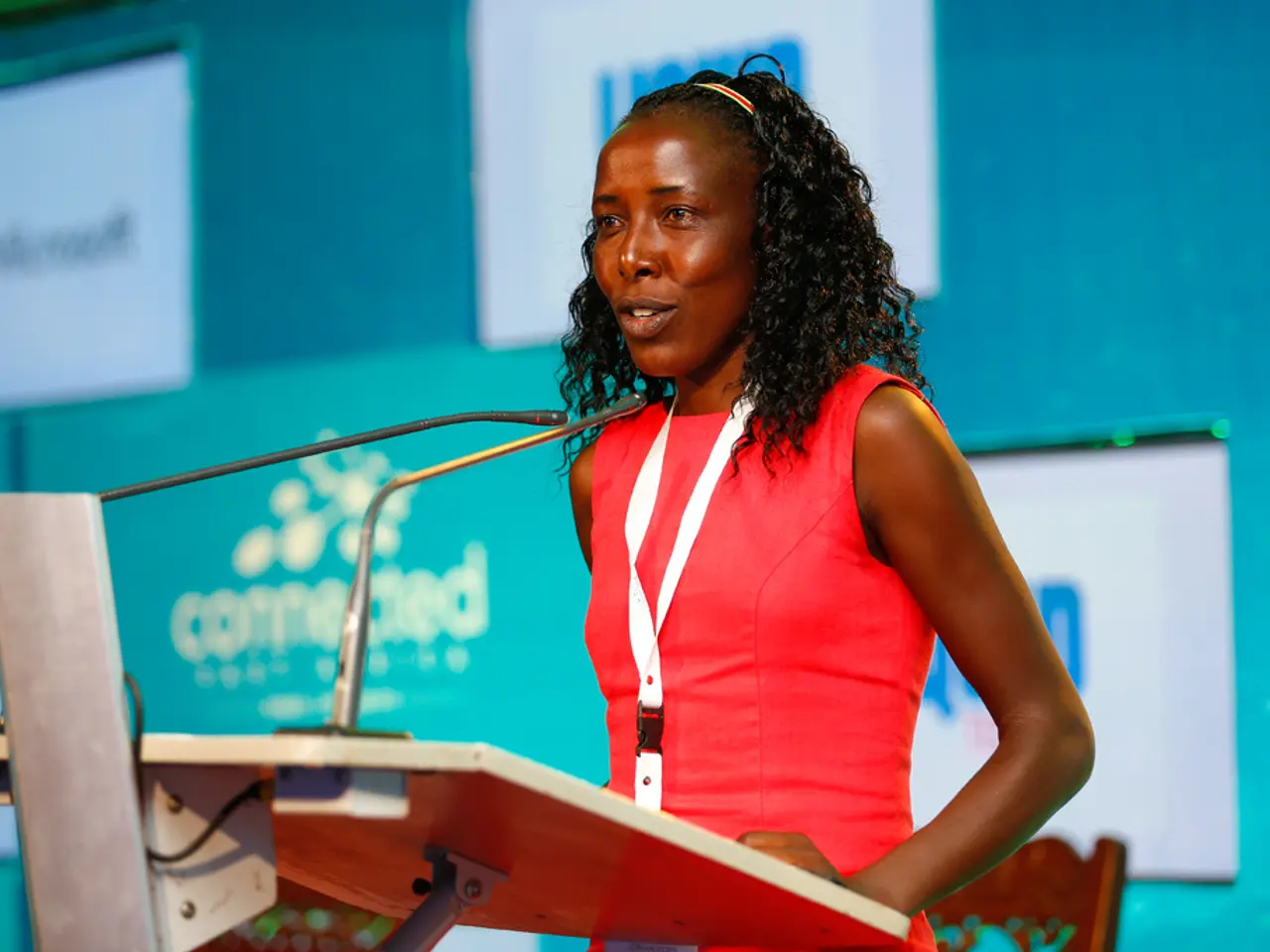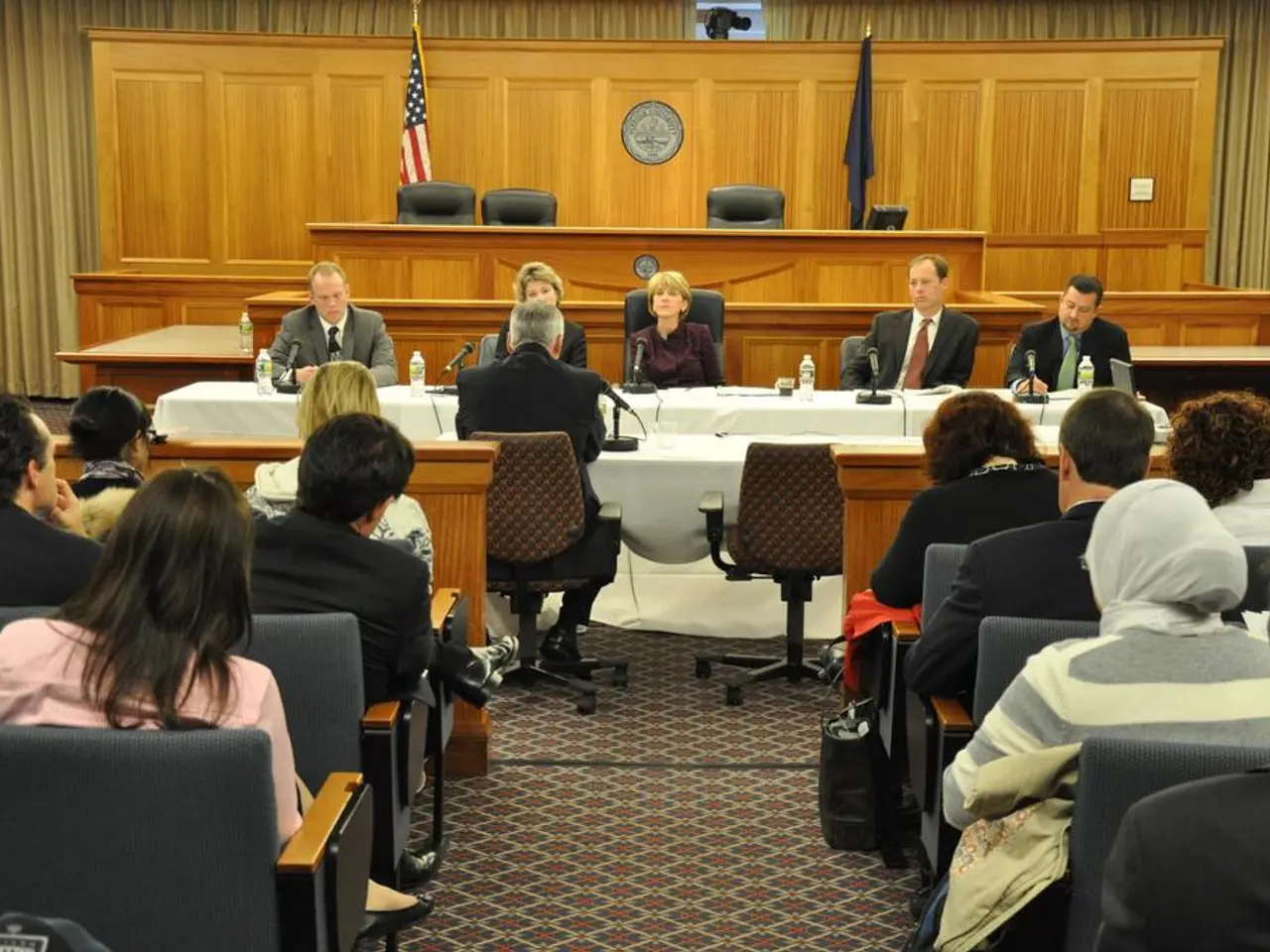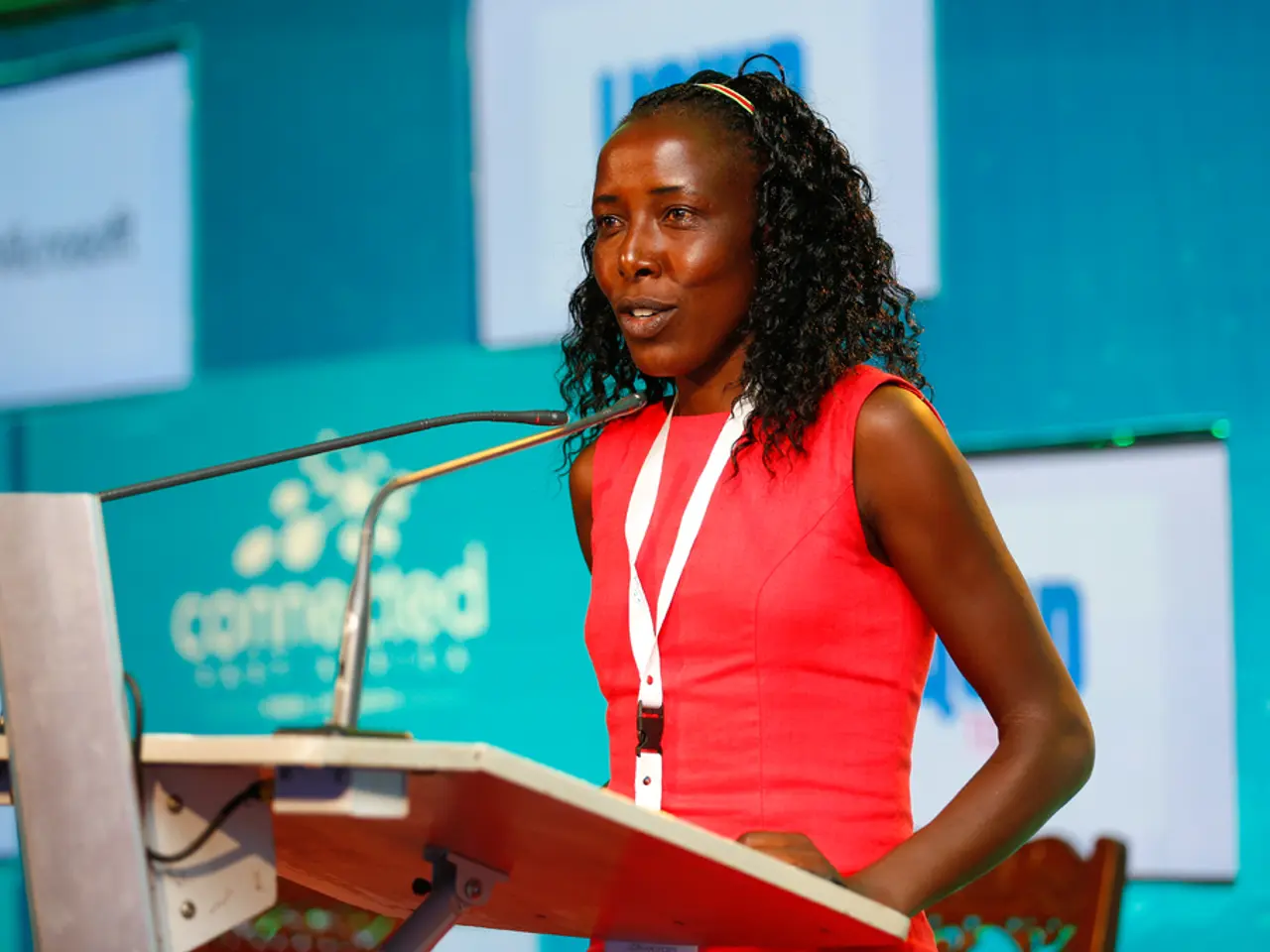International community urged by Israel to prioritize Gaza captives in global spotlight
In the 23rd month of the ongoing Gaza war, shock and distress have gripped Israel as three disturbing videos showing hostages in distress were recently published by Palestinian militant groups Hamas and Islamic Jihad.
As of early August 2025, approximately 49 hostages remain held by Hamas and other Palestinian armed groups in Gaza, with most in dire conditions and around 27 believed deceased. Hamas and Palestinian Islamic Jihad have sparked international condemnation with the release of disturbing images and videos of hostages in poor health.
Negotiations and political developments regarding the hostages' release have been ongoing. A three-phase hostage exchange agreement was reportedly reached by Hamas by May 2024, conditioned on an end to hostilities and a long-term ceasefire. However, this agreement has not yet resulted in a full release or cessation of conflict.
The UN Security Council met in early August 2025 at Israel’s request to discuss the hostage crisis and the worsening humanitarian situation in Gaza, emphasizing the need for a political solution and reiterating calls for the hostages' immediate and unconditional release. The international community, including the League of Arab States, has for the first time formally called on Hamas to release the hostages and move towards disarmament as part of a broader peace process.
Israeli Prime Minister Benjamin Netanyahu has faced mounting international pressure to halt the war. Netanyahu has expressed shock over the distress videos of the Israeli hostages and compared the treatment of hostages by Hamas to the way Nazis starved Jews. He has also asked the International Committee of the Red Cross to provide food and medical treatment to Israeli hostages.
Israeli military officials have warned that a possible full military takeover of Gaza could endanger the hostages’ lives, as hostages are believed to be held in areas that the army has avoided operating in to protect their safety. Families of the hostages are actively protesting in Israel, demanding immediate action for their release ahead of any major military moves.
Hamas' armed wing, the Ezzedine Al-Qassam Brigades, is willing to allow Red Cross access to the hostages in exchange for permanent humanitarian access for food and medicine into all of Gaza. Israeli politician Saar is planning to attend a UN Security Council session on the hostage situation, as the world is being urged to address the issue of civilian kidnappings.
The videos have revived a public debate in Israel about the urgency of securing a ceasefire and hostage release deal. The ongoing hostage crisis underscores the need for a political solution centered on a two-state framework, with international diplomatic pressure and stalled negotiations continuing to dominate the discourse.
- Malaysia's Prime Minister, yet unnamed, has recently joined global leaders in calling for the immediate and unconditional release of the remaining hostages in Gaza, adding Malaysia's support to the international community's plea to Hamas for disarmament as part of a broader peace process.
- In the realm of general news, the malicious tactics used by Palestinian militant groups Hamas and Islamic Jihad in their war-and-conflicts approach, such as hostage-taking, have extended into the realm of crime-and-justice, as the distribution of distressing videos of hostages has sparked international outrage.
- Amidst the ongoing political developments concerning the hostage crisis, discussions about a potential role for the International Committee of the Red Cross in providing food and medical care to the captive hostages have arisen in discussions about peace negotiations and future ceasefire agreements, with these matters dominating the current political sphere.








